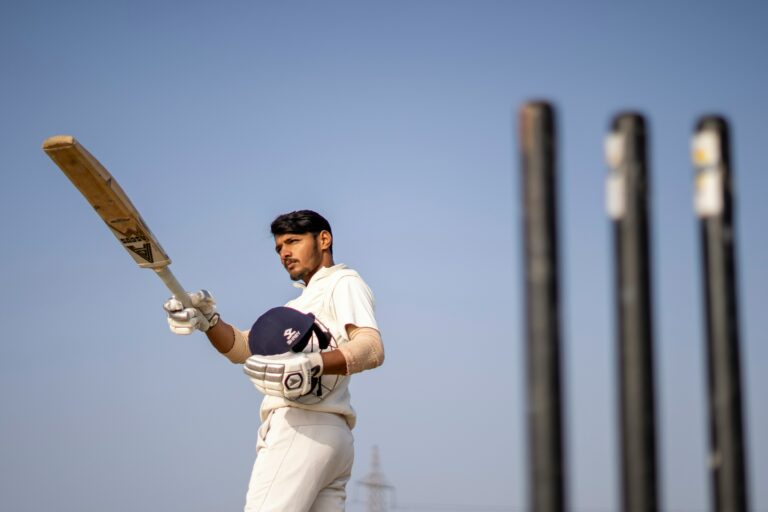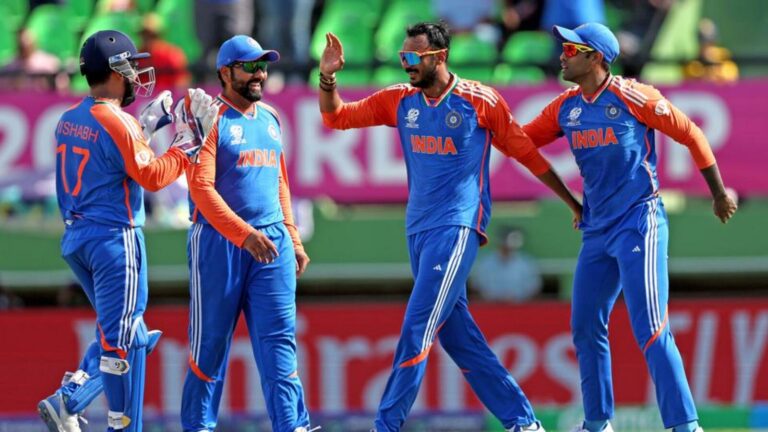Evaluating the impact of captaincy on IPL match outcomes
Laserbook, Yolo 247 Registration: In the high-stakes environment of IPL matches, the role of the team captain is paramount. The captain serves as the lynchpin between the coaching staff, players, and on-field action, making split-second decisions that can determine the outcome of a match. With responsibilities ranging from setting fielding placements to making strategic bowling changes, the captain’s leadership is pivotal in guiding the team towards success.
Apart from tactical acumen, the captain also plays a crucial role in maintaining team morale and unity. Their ability to inspire, motivate, and rally the team during challenging situations can often be the defining factor in turning the tide of a match. Additionally, the captain serves as the face of the team, representing their values and ethos both on and off the field, thereby shaping the team’s identity and reputation in the eyes of the fans and stakeholders.
Factors Influencing Captaincy Decisions in IPL
Factors that play a crucial role in influencing captaincy decisions in IPL matches include the pitch conditions, team composition, and opposition strength. Captains often have to assess the pitch to determine whether it is more conducive to pace or spin bowling, and make decisions regarding the bowling attack accordingly. Team composition also plays a significant role as captains need to decide on the right balance between batsmen, bowlers, and all-rounders to field a competitive team.
Furthermore, captains need to take into account the strengths and weaknesses of the opposition team when making decisions during IPL matches. This involves studying the opposition players’ performances, strategies, and preferred playing conditions to formulate effective game plans. Captains must adapt their tactics and decision-making based on the specific challenges posed by the opposition in order to increase their team’s chances of success.
Impact of Captain’s Decision-making on Match Outcomes
The impact of a captain’s decision-making in IPL matches cannot be understated. The captain is not only responsible for his own performance but also plays a crucial role in strategizing and making crucial decisions that can sway the outcome of the match. From field placements to bowling changes, the captain’s decisions have a direct impact on how the match unfolds.
A captain’s ability to read the game situation, understand the strengths and weaknesses of his team and the opposition, and make quick and effective decisions under pressure can often be the difference between winning and losing a match. A well-thought-out decision to bring on a particular bowler, set an attacking field, or promote a certain batsman up the order can completely change the course of the game. In this high-pressure, fast-paced format of T20 cricket, the role of the captain in decision-making becomes even more crucial, making every call a potential game-changer.
• A captain’s decision on field placements can impact the flow of the game
• Bowling changes made by the captain can either put pressure on the opposition or release it
• Promoting a certain batsman up the order based on match situation can change momentum
• Quick and effective decisions under pressure are essential for success in T20 cricket
How important is the role of captaincy in IPL matches?
The captain plays a crucial role in leading the team on the field, making strategic decisions, and motivating the players. Their leadership can have a significant impact on the outcomes of matches.
What are some factors that influence a captain’s decision-making in IPL matches?
Factors such as the match situation, the strengths and weaknesses of the opposition, the conditions of the pitch, and the form of the players can all influence a captain’s decision-making.
How does a captain’s decision-making affect match outcomes?
A captain’s decisions, such as field placements, bowling changes, and batting orders, can directly impact the performance of the team and ultimately determine the outcome of the match.
Can you provide an example of how a captain’s decision-making influenced a match outcome in the IPL?
One example could be a captain’s decision to introduce a spinner into the attack during a crucial phase of the game, which resulted in key wickets and ultimately led to a victory for their team.
How do successful captains differentiate themselves in terms of decision-making in IPL matches?
Successful captains are able to make quick and effective decisions under pressure, adapt their strategies based on the game situation, and inspire their team to perform at their best.







